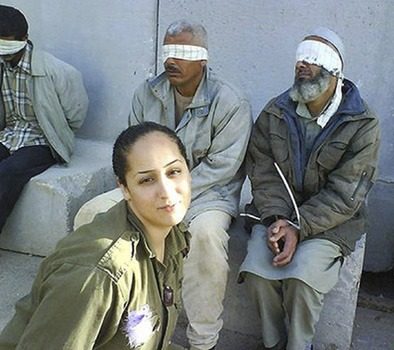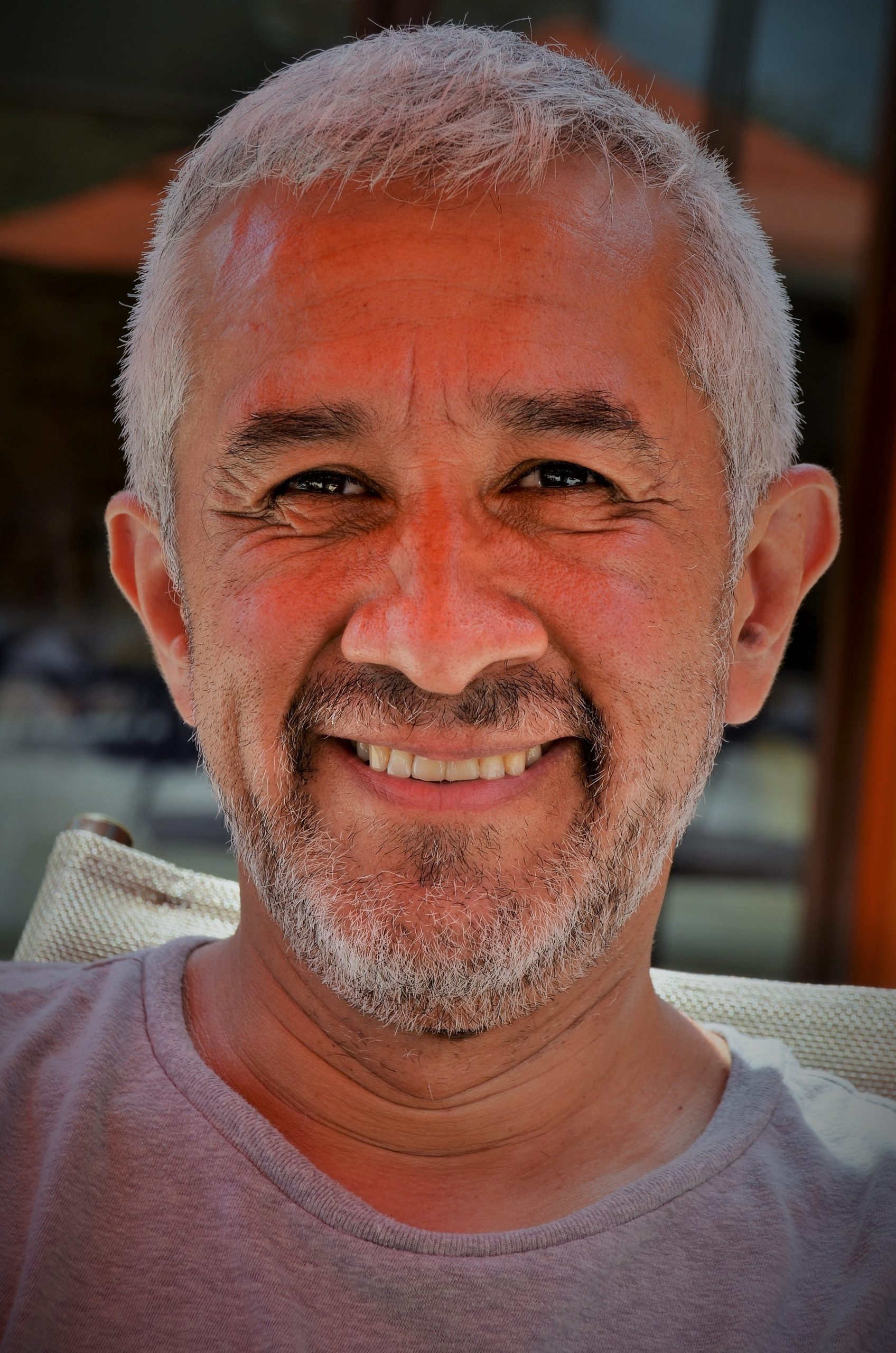Víctor de Currea-Lugo | April 17, 2024
A prisoner is a person who has lost their freedom. Each April 17th, people commemorate Palestinian Prisoners’ Day. To explain this pain, they use numbers that tell them how many people are in prison today: around 9,500, not counting those recently detained in Gaza.
Since October 2023 alone, Israeli forces have detained at least 8,270 people in the West Bank, including 520 children. In addition to losing their freedom, Israeli authorities have demolished the homes of several prisoners, confiscated their cars, and stolen their economic resources.
In Gaza, Israeli forces are holding an estimated 3,000 detainees, 849 of them under the term «unlawful combatants,» a concept that does not exist in international humanitarian law but the United States used to justify the detentions at Guantanamo.
The numbers do not speak to the forms of detention. There is, for example, «administrative detention,» a regime under which Israel imprisons 3,660 Palestinians without charges, without trial, indefinitely, under a secret summary; for them, Israel provides no judicial guarantees and sometimes does not even give them a trial. Israel detains seventeen members of the Palestinian Legislative Council and 40 children in this manner.
Israel has tried many Palestinians in military courts, even as minors. Many have suffered cruel, humiliating, and degrading treatment, including torture. Israel restricts visits and legal advice for many prisoners. I not believe there is a form of mistreatment in the world’s prisons that Israel has not applied to Palestinians.
Therefore, in their legitimate right to protest, some prisoners have chosen to go on hunger strike, which can lead to death; they have preferred a dignified death while resisting over passively enduring a Zionist prison.
Prisoners Beyond Prisons
I invite the reader to speak of freedom as a broader concept, not only as not being in jail. Israel prevents Palestinians from tilling their land without restrictions, Israel stops them from coming and going even from primary schools, and Israel denies them the freedom to bring water or collect the olive harvest.
Every day, every hour, the occupation traps Palestinians. In Birzeit, West Bank, a 14-year-old boy told me that his dream was to see the sea: he was a couple of hours away from the Red Sea, thirty minutes from the Dead Sea, and less than an hour from the Mediterranean Sea, but he had never seen the sea.
It is not an exaggeration to say that Gaza is the largest open-air prison in the world. Anyone who has set foot in the West Bank and Gaza will know the impact of the controls, the checkpoints, and the security cameras.
Moreover, if that were not enough, Israel continues building its apartheid wall, creating bantustans to enclose the Palestinians; it matters little what the International Court of Justice has said about that infamous wall.
Palestinians go to the market under surveillance; depending on the will of their guardians, they return from work according to the roads that Israeli forces leave open; they wait at checkpoints for as long as the occupying soldier wants.
Is there a difference between this daily life and the daily life of a prison? Perhaps the difference is that a prisoner in a European jail has more freedom than a Palestinian on their land.
Israel uses prison to punish those who help, which is why they detain health personnel; to silence those who denounce, which is why they have captured 56 journalists; and to immobilize those who protest, which is why Israel considers throwing a stone at a war tank a severe crime.
Prison is a collective punishment, which is why Israel worsened the conditions of detention after the Al-Aqsa Flood Operation. Several prisoners have died in prison due to the conditions of detention.
Moreover, the solution is not to improve the conditions of detention for Palestinians nor to eliminate administrative detention. No, because Zionism implies, by its nature, the appropriation of someone else’s land, and, for those who live there, Israel must exile, kill, or detain them. That is why cosmetic measures are not enough because as long as Zionism exists, Israel will continue to imprison Palestinians.












